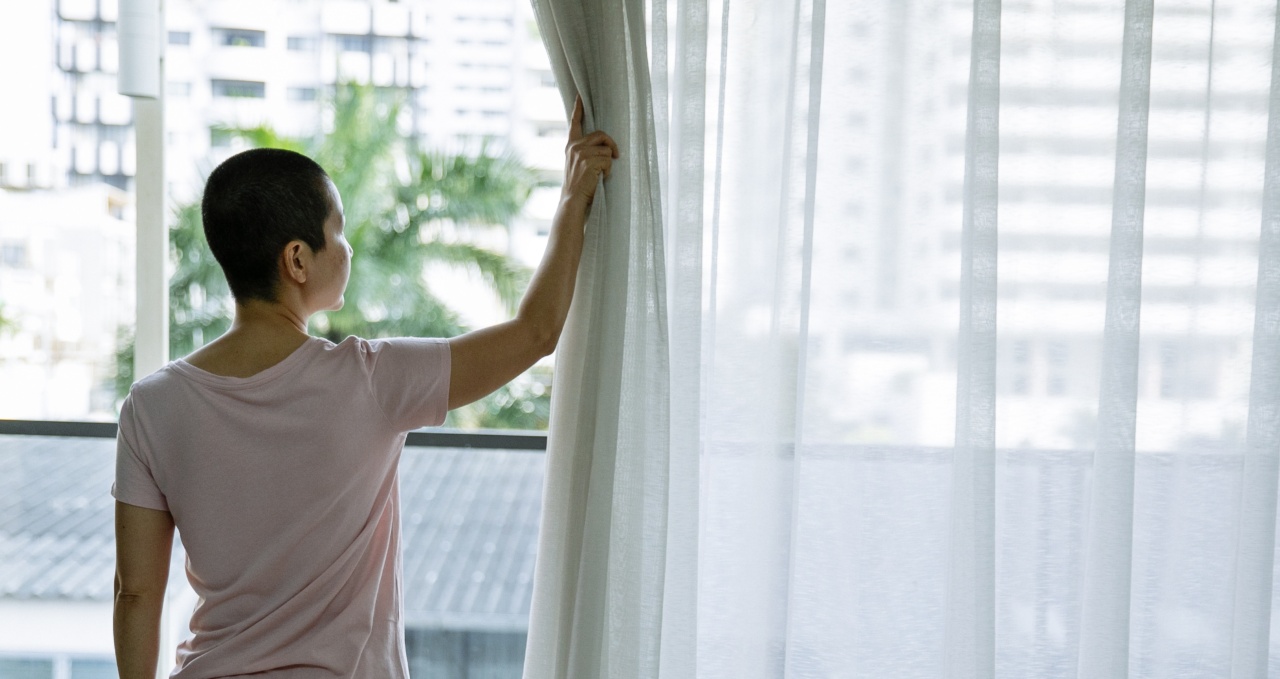Hypoglycemia, also known as low blood sugar, occurs when the level of glucose in your blood drops below normal. This can affect people with diabetes, but it can also occur in people without diabetes.
If left untreated, hypoglycemia can lead to serious health complications.
Causes of Hypoglycemia in the Morning
Several factors can contribute to hypoglycemia in the morning, including:.
Missing or Delaying a Meal
When you skip breakfast or delay a meal, your body doesn’t have enough carbohydrates to use as fuel. As a result, your blood sugar levels drop, causing hypoglycemia.
This is especially common in people with diabetes who take insulin or other medications that lower blood sugar levels.
Alcohol Consumption
Drinking alcohol can lower your blood sugar levels significantly, especially when consumed on an empty stomach. This is because alcohol inhibits the liver from releasing glucose into the bloodstream, causing hypoglycemia.
Medications
Some medications, such as sulfonylureas and meglitinides, can cause hypoglycemia as a side effect. These medications stimulate the release of insulin, which can lower blood sugar levels too much.
Symptoms of Hypoglycemia in the Morning
The symptoms of hypoglycemia can vary from person to person and may include:.
Hunger
Feeling hungry, even after eating, can be a sign of low blood sugar levels. This is because your body is telling you that it needs more fuel.
Irritability
Feeling irritable, anxious, or moody can also be a symptom of hypoglycemia. This is because low blood sugar levels can affect your brain and cause mood swings.
Dizziness or lightheadedness
Feeling dizzy or lightheaded can be a sign of low blood sugar levels. This is because your brain may not be getting enough glucose to function properly.
Sweating
Sweating is a common symptom of hypoglycemia, especially in the morning. This is because your body is trying to regulate its temperature and release excess glucose.
Prevention and Treatment
If you experience hypoglycemia in the morning, there are several things you can do to prevent and treat it:.
Eat Regular Meals
Eating regular meals can help prevent hypoglycemia in the morning. Make sure to eat a balanced meal that includes carbohydrates, protein, and healthy fats. This can help regulate your blood sugar levels and keep them stable.
Avoid Alcohol
Avoiding alcohol, especially on an empty stomach, can help prevent hypoglycemia. If you do drink, make sure to do so in moderation and always with food.
Adjust Medications
If you are taking medications that can cause hypoglycemia, talk to your doctor about adjusting your dosage. They may be able to prescribe a lower dose or switch you to a different medication.
Treat Hypoglycemia Immediately
If you experience symptoms of hypoglycemia, it’s important to treat it immediately. Eat or drink something that contains sugar, such as a glass of fruit juice or a piece of candy.
This can help raise your blood sugar levels quickly and prevent serious complications.
Conclusion
Hypoglycemia in the morning can be caused by several factors, including missing meals, alcohol consumption, and certain medications.
Recognizing the symptoms of hypoglycemia and taking steps to prevent and treat it can help you manage your blood sugar levels and avoid serious health complications.






























